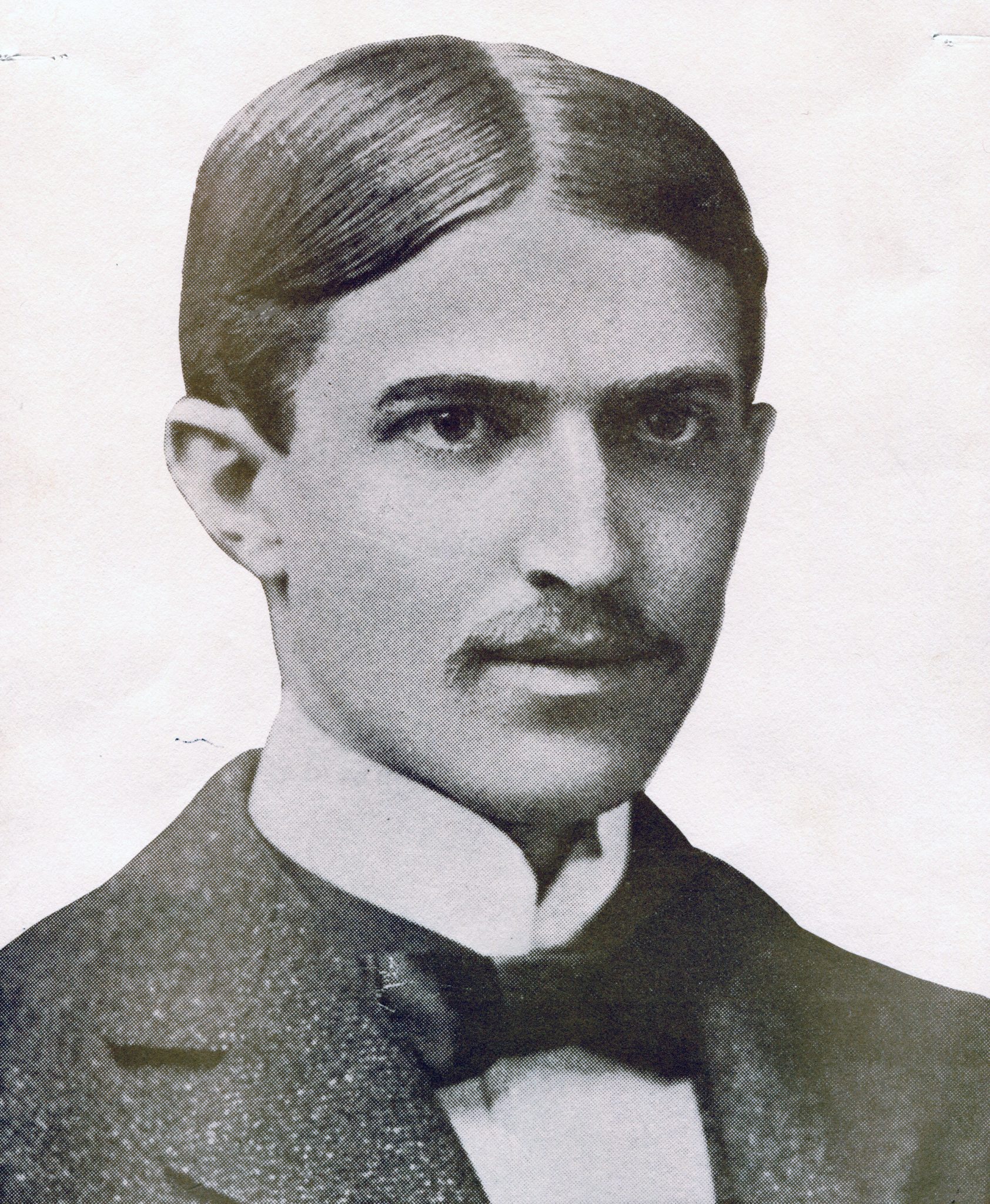Author Stephen Crane has posthumously earned an induction into the New Jersey Hall of Fame.
He joined Fran Lebowitz, General Martin Dempsey and Eli Manning in the Class of 2019-20 during a virtual ceremony in October.
Crane is known for the classic novel “The Red Badge of Courage”.
The war novel first published in 1895 is about a young private (Henry Fleming) in the Union Army during the Civil War, who redeems himself in battle as the stander-bearer of his regiment after previously fleeing a prior battle.
Crane would go on to also publish several essays, novels, and a volume of poetry, according to the Library of Congress.
In addition, he would become a foreign war correspondent in Greece and the Spanish-American War in Cuba.
Even though he passed away at the age of 29 from tuberculosis, his impact still lives on not just with his writings, but at his former school once called The Pennington Seminary. The school he attended as a student from 1885-87 is currently known as The Pennington School.
“The Pennington School would be honored to have any alumnus named to the New Jersey Hall of Fame, and are especially proud to find Stephen Crane on this list almost 140 years after he attended,” said Emma Wells, spokesperson for The Pennington School.
One of Crane’s imprints on the school can be seen through the The Stephen Crane Lecture Series, a tradition that invites prominent authors, artists, or public figures to speak or perform on campus, according to the school. Speakers have included David Hale, U.S. Special Envoy for Middle East Peace; Rudy Boschwitz ’47, former U.S. Senator, emissary who negotiated Operation Solomon; and Loung Ung, author of “First They Killed My Father”.
“Stephen Crane himself has had an impact on the school as an inspiration to students and faculty who study his literature. He has not only inspired the Stephen Crane Lecture Series, but also a school-wide writing contest,” Wells said. “Crane’s novels and short stories such as ‘The Red Badge of Courage,’ ‘Maggie: A Girl of the Streets,’ ‘The Open Boat,’ and ‘The Blue Hotel’ are still studied at the school and stand as lasting examples of the power of literature.”
Crane’s connection to what is known today as The Pennington School began with his father, Rev. Jonathan Townley Crane. Rev. Crane served as head of The Pennington Seminary from 1849-58, when the school was owned by the Methodist Episcopal Church.
According to the school, it was under his leadership that the seminary added the Female Collegiate Institute in 1853, becoming one of the first boarding schools in the country to admit women. The school also began to take on its present form with construction of the east wing to Old Main in 1852.
“While male and female students shared time together in the dining room and chapel, they had different courses of study and were under strict supervision at all times,” Wells said.

